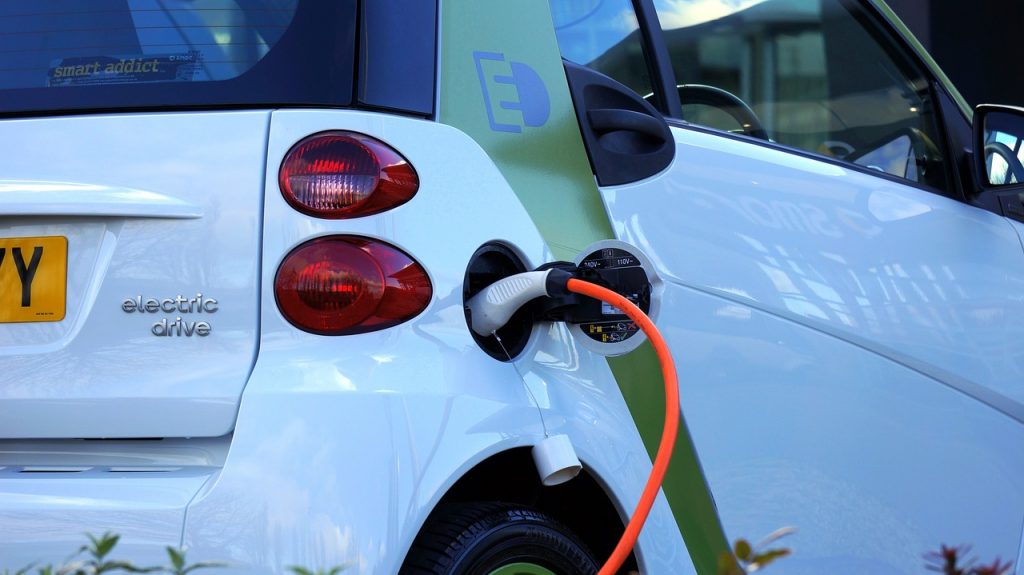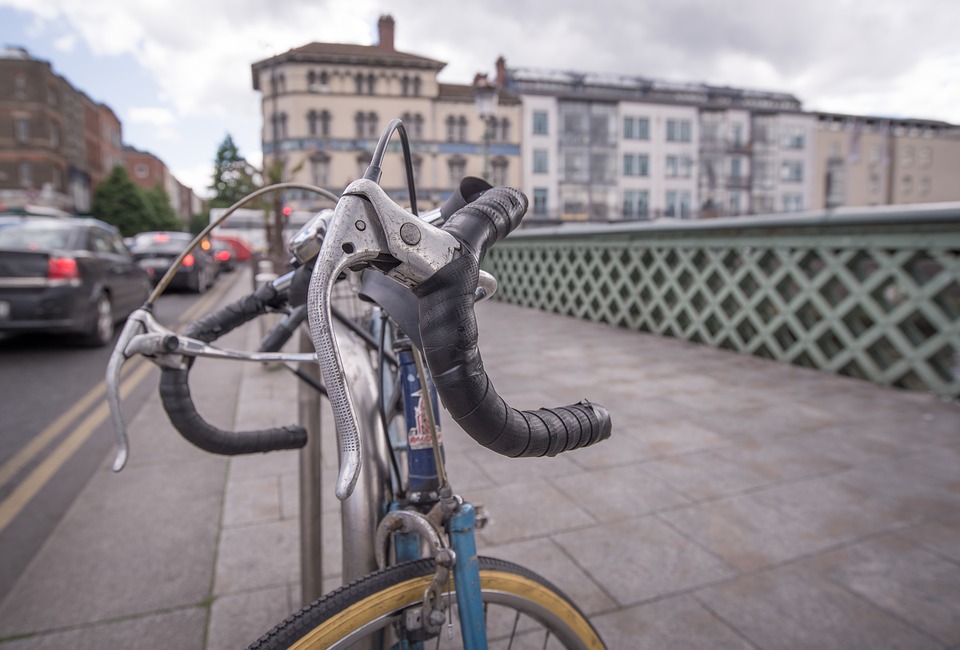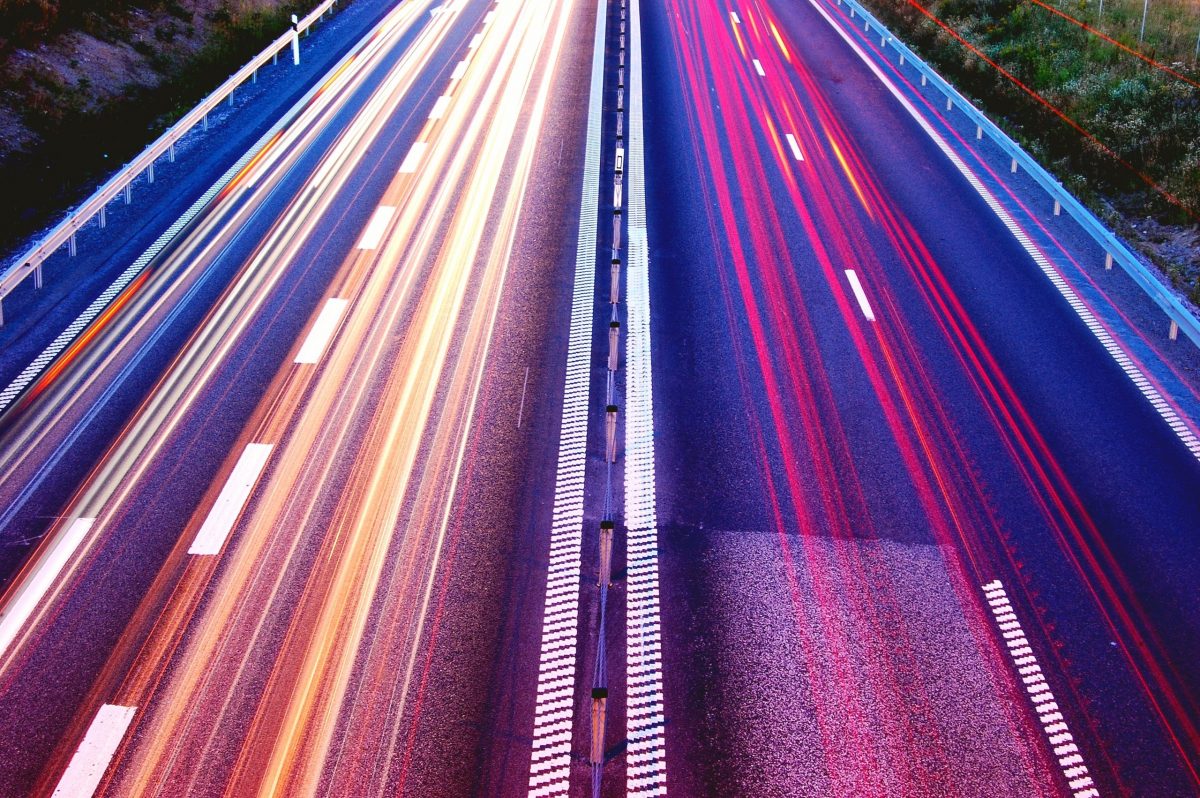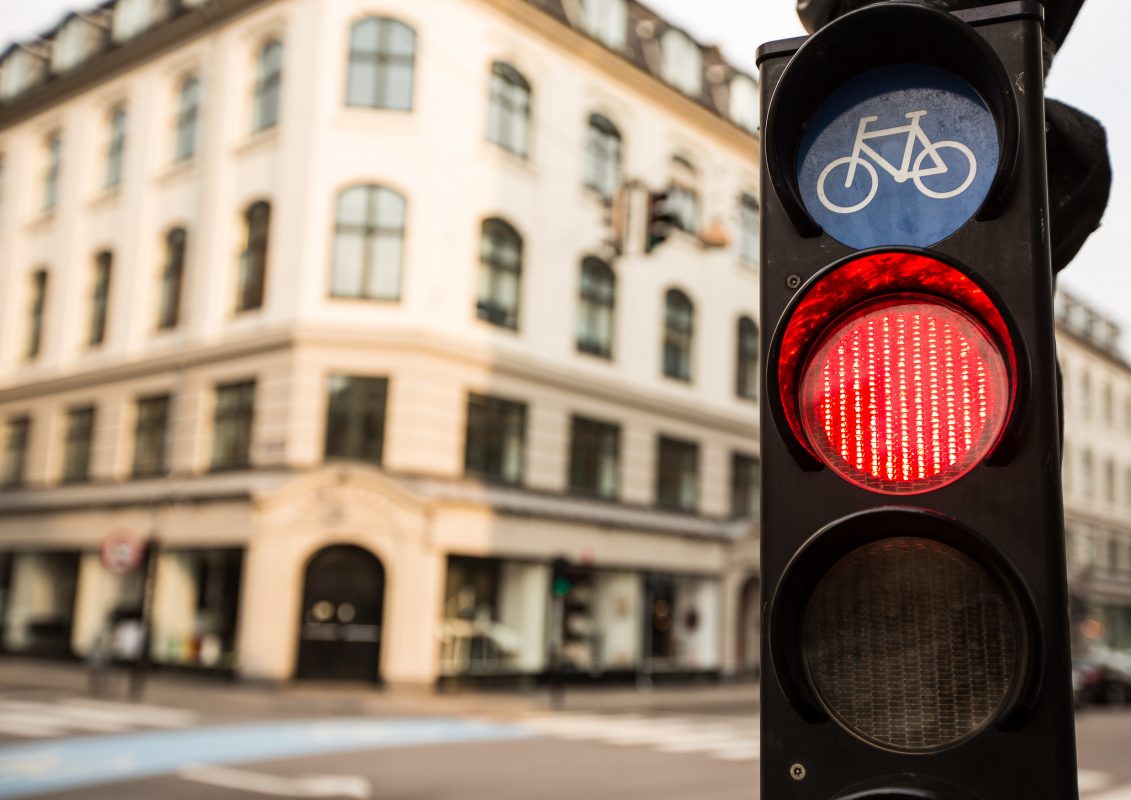Calls for more cycling and public transport funding as new transport data released

August 15th, 2018
The Green Party has criticised the Government of failing to connect transport and planning infrastructure following the publication of the Transport Trends 2018 Report.
The report sets out developments within the transport sector using the latest available data as the number of people commuting to work grew to 1.88 million in 2016.
Two-thirds of this commuter population travel by car, according to the report, with the number of people cycling to work up by 43 per cent in 2016 to 56,837 and continues to grow.
The number of passengers using public transport increased by 7 per cent to over 252 million in 2017 from the previous year. Just over half of those entering Dublin City Centre during the morning peak in November 2017 using train, bus and Luas services.
While the number of new vehicles licensed in 2017 fell by 11 per cent to 161,840, the total number of vehicles on Irish roads reached record levels last year at just under 2.6 million vehicles.
Following the release of the findings, the Green Party called on the Department of Transport to invest 20 per cent of its budget on sustainable transport. The department currently spends under one per cent of its budget on walking and cycling infrastructure.

Traffic congestion in Co Dublin Photo: Pxhere
Cities ‘choked with cars’
The Greens transport spokesman, Councillor Ciaran Cuffe, criticised the Minister for Transport, Shane Ross TD for increasing budgets for roads as “carbon emissions soar” in cities such as Galway and Waterford that are “choked with cars”.
Cllr Cuffe claims that Mr Ross and his officials are choosing to ignore calls from the UN Environment Programme for 20 per cent of transport budgets to go towards cycling and walking.
“The spending allocation for 2018 is 56 per cent for roads and 44 per cent for public transport with 0.3 per cent for sustainable transport,” said Cllr Cuffe. He is also critical of cuts to funding for cycling from €19 million in 2016 to €7 million last year.
“14 cyclists died on the roads in 2017 up from an average of 9 per year in the previous decade. Shane Ross needs to allocate more funding to public transport, walking and cycling,” he said.
Took the new park and ride route, right into the heart of the city centre earlier. Great service. And did I mention it’s FREE. From 12noon #Cork #ItsAllGo #PanaBan2 pic.twitter.com/TfbCqWF9ui
— Eoin English (@EoinBearla) August 9, 2018
Cork private car ban
The report follows Cork City’s reintroduction of an afternoon car ban on St. Patrick’s Street last Thursday.
The ban prohibits public cars from driving through the city’s main thoroughfare from 3pm to 6.30pm, giving priority to buses, taxis, emergency vehicles, pedestrians and cyclists.
The ban was introduced earlier this year but was suspended due to complaints from businesses who claimed that it led to a drop in retail sales.
The move is one of a suite of measures to improve traffic flow in the city, including a reduction in afternoon bus fares and new parking deals. There is also an extended park and ride bus service now in service to the centre that is free after 12pm.
Former president of the Cork Business Association (CBA) Pat O’Connell told the Evening Echo that there is a more positive attitude in the city towards the ban since its reintroduction.
“I think this time, people have a better understanding of why it needs to happen and the incentives are working well,” he said.
Green Party representative Oliver Moran has also called for more bike-friendly infrastructure to be installed in the city to appeal to cyclists.
Mr Moran has appealed to the City Council to install Dutch-style cycle ramps on steps across the North side of the city so that cyclists can easily take their bikes up and down public steps.
“They are a great benefit to cyclists who use them to avoid the steepest parts of their commute and to cut journey times,” he told the Evening Echo earlier this week.

Photo: MikesPhotos
Emissions and electrics
The Transport Trends report also found that emissions from the transport sector increased by 4 per cent to 12.29m tonnes of CO2 equivalent in 2016, with 52 per cent coming from private cars and 26 per cent from goods vehicles.
Transport is the third largest contributor to greenhouse gas emissions in Ireland after agriculture and energy. Emissions are set to increase by 18 per cent by 2020, according to the Environmental Protection Agency, and up to 20 per cent by 2030.
Mr Ross acknowledged that challenges remain, particularly with the need to reduce emissions. “Ensuring economic growth is also environmentally sustainable is a complex task, but there are promising signs,” he said.
He welcomed the growth in electric vehicle purchases last year and said that measures such as the new incentive reducing toll costs for electric vehicles “will encourage greater uptake of greener transport.”
There were 914 new electric vehicles registered in 2017, up 33 per cent from 2016. This figure includes 655 electric vehicles and 259 plug-in petrol or diesel hybrids.
The toll reduction scheme for electric vehicles introduced last month means that drivers will now pay half the toll rate. Plug-in hybrid vehicles will get a 25 per cent toll reduction.
Electric vehicle motorists can avail of the discount by signing up for an EV tag with an approved Toll Tag Provider.
Drivers who are already in possession of a toll tag account will be contacted by their current tag provider with details on how to transfer into the scheme.
[x_author title=”About the Author”]







